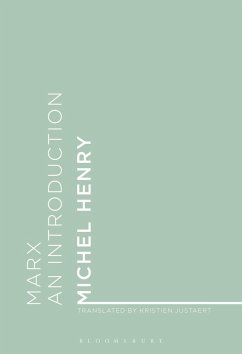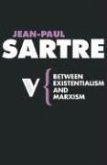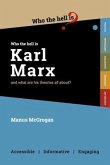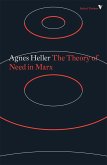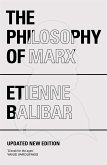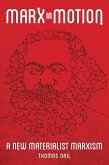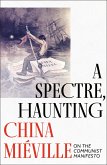According to Michel Henry, no thinker has been more influential than Marx, and no one has been more misunderstood. With his characteristic clarity and elegance, Henry seeks to pull out the philosophical heart of Marx's work and the reasons this complex philosophy has so often been simplified, distorted and obscured. Marx: An Introduction is not just a recovery of the theoretical centre of Marx's thinking, but also a brilliant introduction to the work of Marx in general; concise and punchy without glossing over the difficult material, it provides a totally fresh reading of Marx's corpus. Michel Henry shares with Marx a concern for the living work and the living individual and this shared preoccupation is brilliantly conveyed throughout the book. An essential read for those wrestling with Marx for the first time, and those looking for a new way to approach well-trodden territory.
Given its brevity, this is a remarkable introduction to Marx's thought. But more importantly, It is a great introduction to Henry's philosophy of life. Rejecting the then contemporary readings of Marx (Althusser in particular), rejecting the legacy of Marxism, Henry argues that economic structures are not the foundation for human life. For Marx, the concrete, living individual grounds economic structures. Life is the foundation. Therefore, as Henry concludes, "Marx's thought confronts us with the abyss of the question: what is life?" Leonard Lawlor, Sparks Professor of Philosophy and Director of Graduate Studies in Philosophy, Penn State University, USA 20181126

